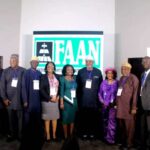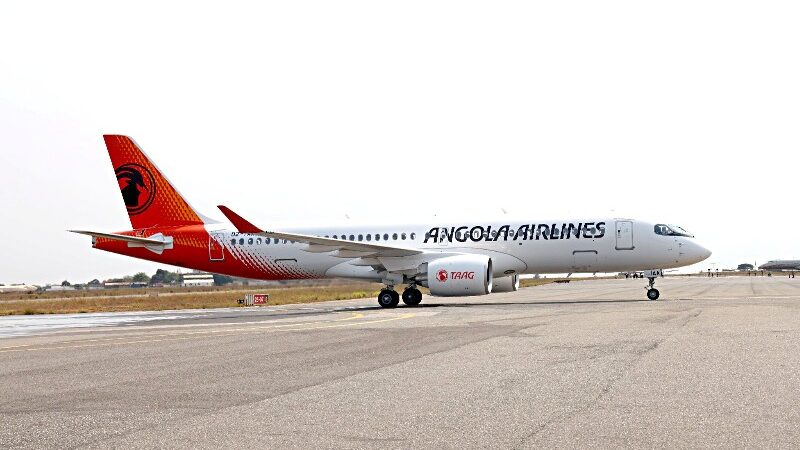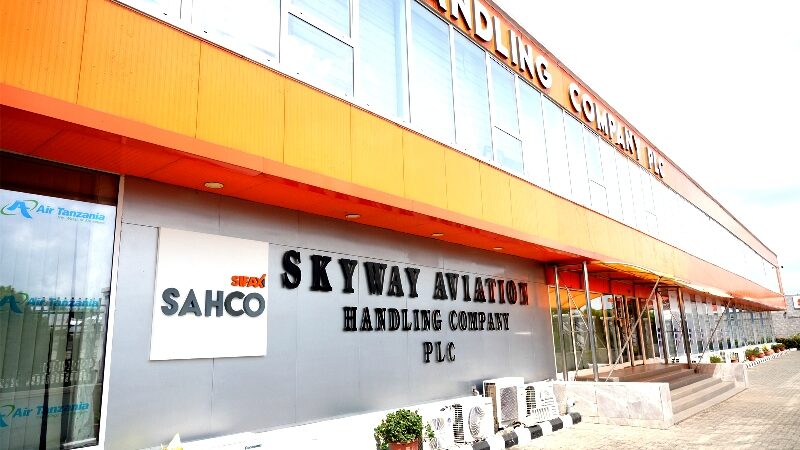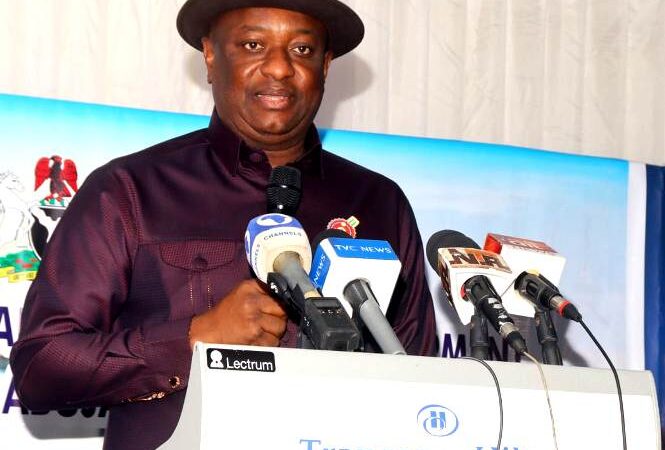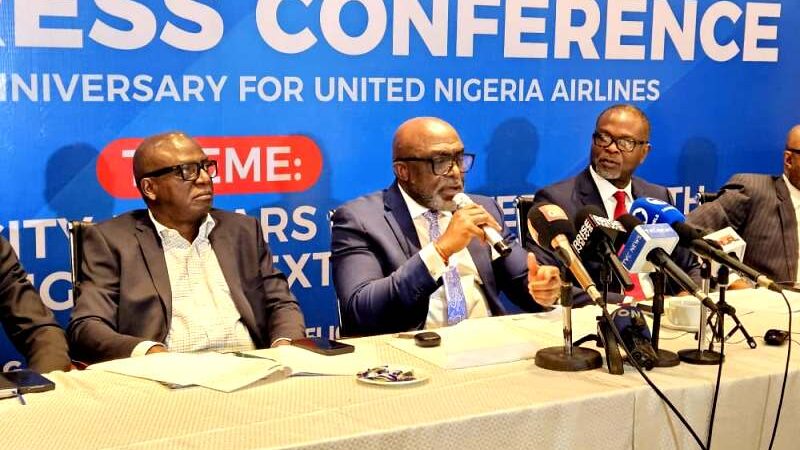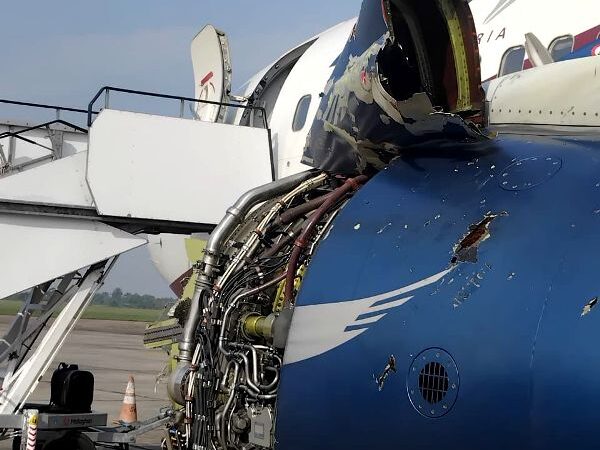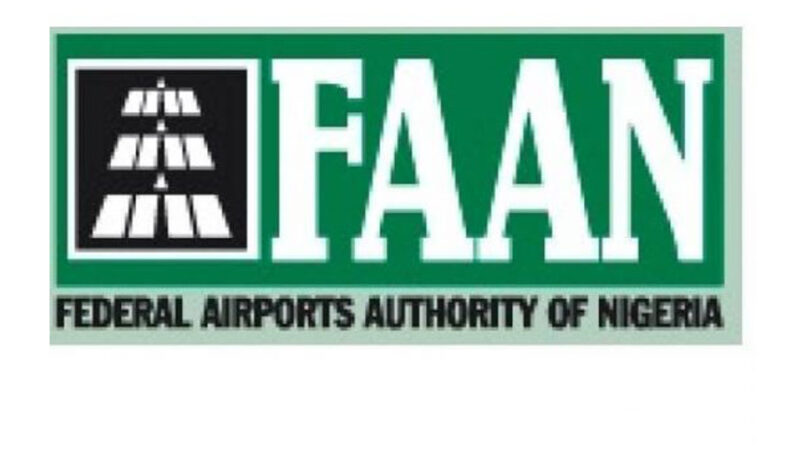Nigeria’s Transport Stakeholders Make Case For National Aviation Infrastructure Master Plan
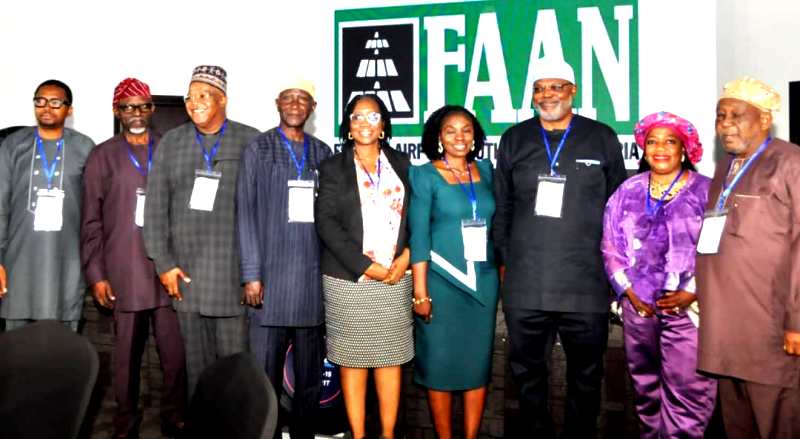
Stakeholders in Nigeria’s transport sector have called on the government of Nigeria to “develop a long-term National Aviation Infrastructure Master Plan that integrates airport upgrades, technology adoption, and transit connectivity.”
This call is contained in a communique issued at the end of the maiden Transport Summit organized by Just Alive Communications Limited with the theme: ‘Nigeria’s Transport Infrastructure: Innovation For A Sustainable Future’ held at Providence Hotel, Ikeja, Lagos.
They posited that the aviation industry in Nigeria has refused to grow significantly, as airlines grapple with shortage of investment capital, poor passenger population and fueling and maintenance challenges. The implication of this is that airports have become graveyards of aircraft. Airports in Nigeria continue to operate with efficiency below average, making the country not to enjoy her natural aviation hub status.
“The Federal Government should help the airlines to get affordable credits by borrowing cheaply from development partners and giving the credits to airlines at single-digit interest rates.
The Federal Government should improve on governance issues in the aviation industry, including urgent discontinuation of collection of Ticket Sales Charge (TSC) and Cargo Sales Charge (CSC) or carry out a downward review of the charges to rescue the sector from total collapse.
Government must drive innovation across all the different modes of transport through adoption of digitalization and automation. It must quicken work on the National Single Window initiative and bring it into operation as soon as possible.
The Federal Government should strengthen the institutions in the transport sector by engaging competent professionals in relevant positions across board.
Nigeria must improve her green energy adoption in transportation by reducing her overall carbon footprint,” states the communiqué, which equally calls for “establishment of a National Aircraft Leasing Company to provide affordable access to aircraft and spare parts financing.”
They believe that “government must effectively separate politics from the transport sector and allow competent professionals to head the various agencies in the transportation sector. Public-Private Partnerships (PPPs) should be adopted in building transport infrastructure in Nigeria. The Federal Government should further liberalize the rail sub-sector to allow for private sector participation in the system.
The Federal Government must drive transport sector development through creation and implementation of workable transport policies that comprise all the various modes of transportation in Nigeria. This will ensure connectivity and even growth.
The Federal Government must act fast in decongesting and lessening the pressure on the roads by paying attention to other modes of transportation. It should create an enabling environment to drive private sector investment in inland water transport, indigenous shipping, aviation and railways.”
They equally posited that “attaining good connectivity in Nigeria requires innovative thinking. The government should do something unusual to solve her transport challenges. The Lekki Free Zone should be connected with railway and good access roads,” and that government should “enhance security coordination through unified standards and real-time data sharing among airport stakeholders, reform governance structures in regulatory agencies to ensure professionalism, continuity, and insulation from political influence, launch a coordinated image-rebranding campaign to reposition Nigeria as a safe, reliable, and competitive hub for regional transit, promote consistent stakeholder dialogue between the public and private sectors to sustain reforms and monitor progress, do provision of transit facilities at the major international airports across the country, as such gap is limiting the growth of the aviation sector in Nigeria and fastrack Customs processes at the ports, a situation that has remained a herculean, leading to longer cargo waiting time and causing traders to incur losses in form of demurrage charges.”
SEE MORE PHOTOS



